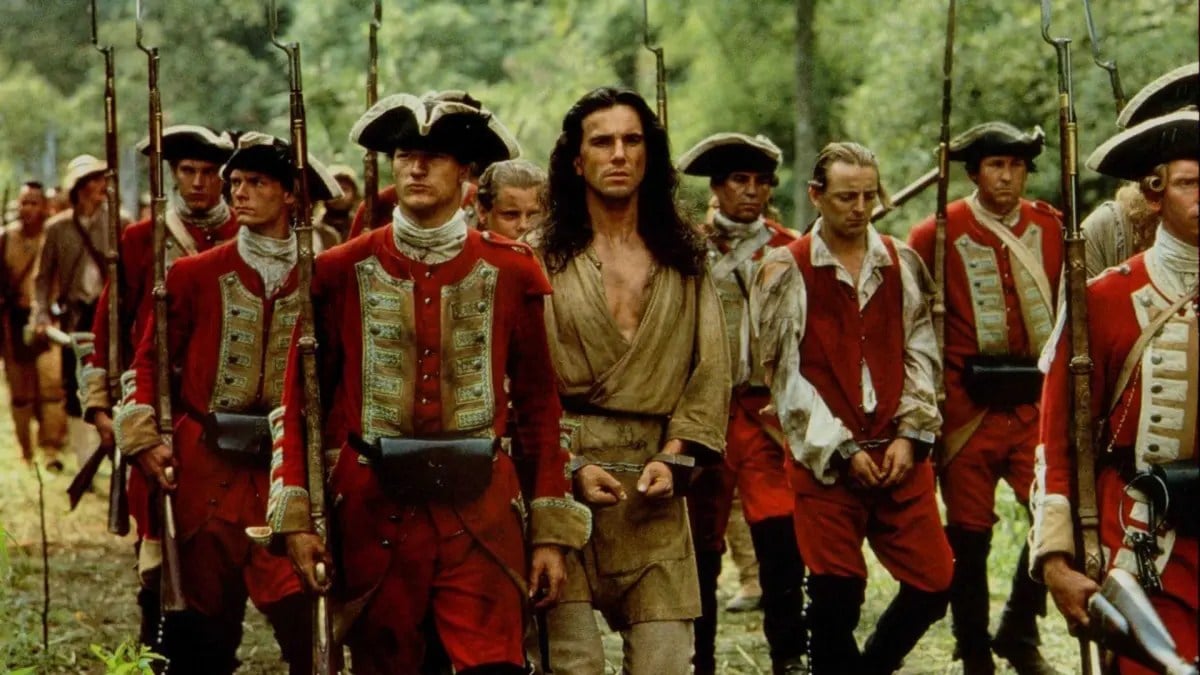As Killers of the Flower Moon continues to dominate the box office, the spotlight on Native American films has come front and center for many movie aficionados. In the realm of cinema, few subjects have captivated and enriched storytelling as profoundly as the rich tapestry of Native American culture and history. Films about Native Americans offer a unique and compelling window into the lives, struggles, and triumphs of the indigenous peoples who have inhabited North America for thousands of years. These cinematic narratives are a testament to the enduring spirit of Native communities, their enduring connections to the land, and their resilience in the face of centuries of adversity.
10. Jeremiah Johnson (1972)
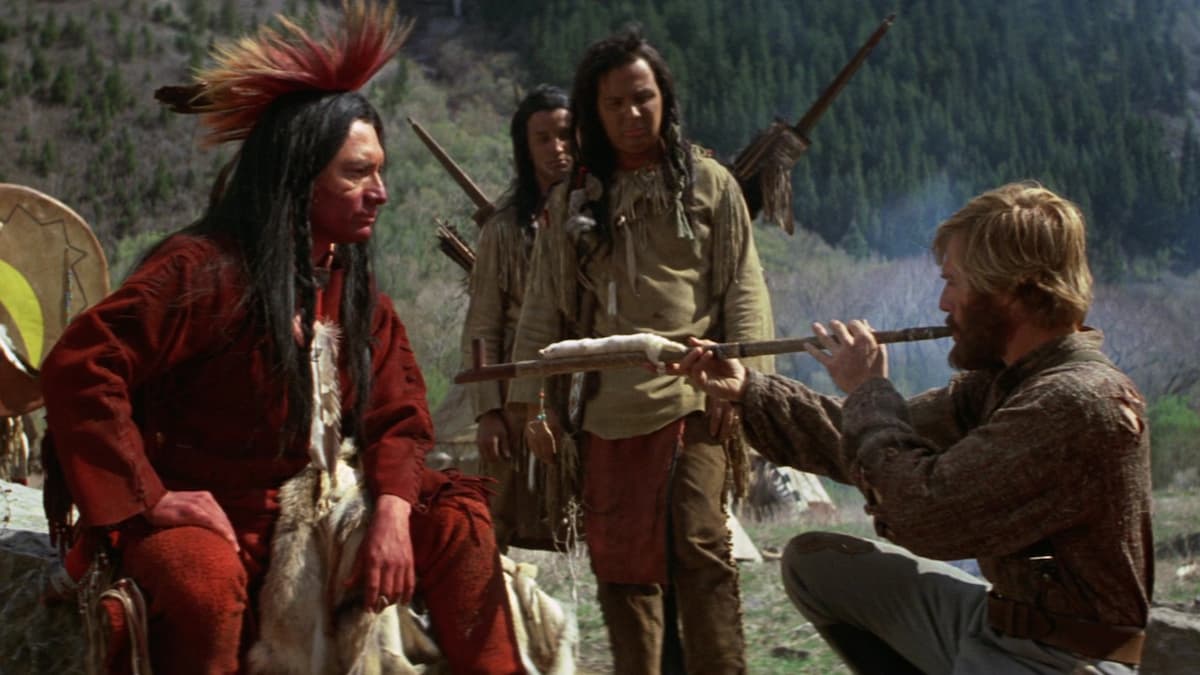
Starring Robert Redford, this film tells the story of a man who seeks solitude in the Rocky Mountains and befriends a Crow Indian. It’s celebrated for its breathtaking scenery and exploration of frontier life.
Jeremiah Johnson is a cinematic masterpiece that celebrates the allure of the American frontier while also recognizing the significance of Native American cultures in that era. It presents a journey of self-discovery, exploring themes of identity, nature’s profound influence, and the complexities of cultural exchange. Through its immersive storytelling and breathtaking visuals, the film continues to captivate and resonate with audiences, solidifying its place in the canon of films that explore the Native American experience.
9. Windtalkers (2002)
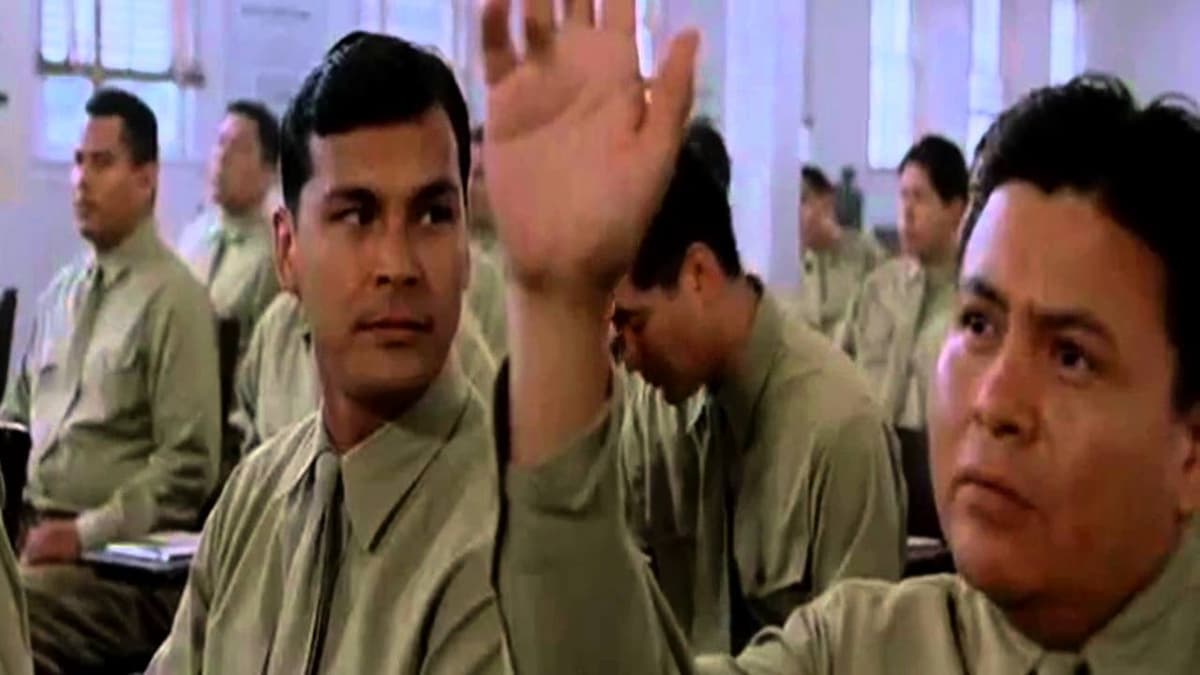
A war film that sheds light on the Navajo Code Talkers during World War II, highlighting their vital contributions. It’s recognized for its historical significance and the portrayal of Native American heroes. The Code Talkers’ bravery and the contributions of Native Americans to American history are explored in Windtalkers from a fresh and compelling angle. It honors the courage and perseverance of those who went unheralded, making sure their narrative is not lost to history. The film is an important contribution to the canon of films about Native Americans because of the light it shines on the complex relationship between cultural identity, patriotism, and the stresses of war.
8. Black Robe (1991)
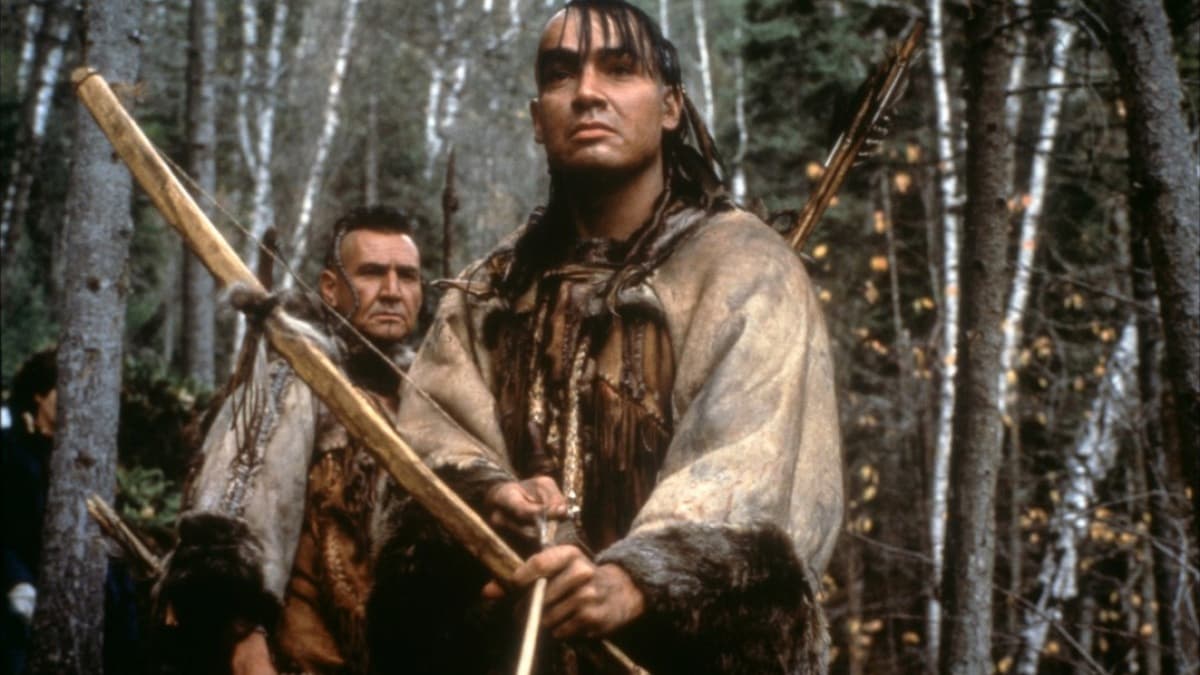
Set in 17th-century New France, this film follows a Jesuit priest’s journey to a Huron mission. It’s noted for its historical accuracy and complex portrayal of cultural clashes. The historical accuracy of Black Robe and its examination of the tense dynamics created by cultural mixing has made it a fan favorite. It adds to the canon of films on the time period by providing a window into that era and respectful analysis of the difficulties experienced by both European settlers and indigenous peoples.
7. Powwow Highway (1989)
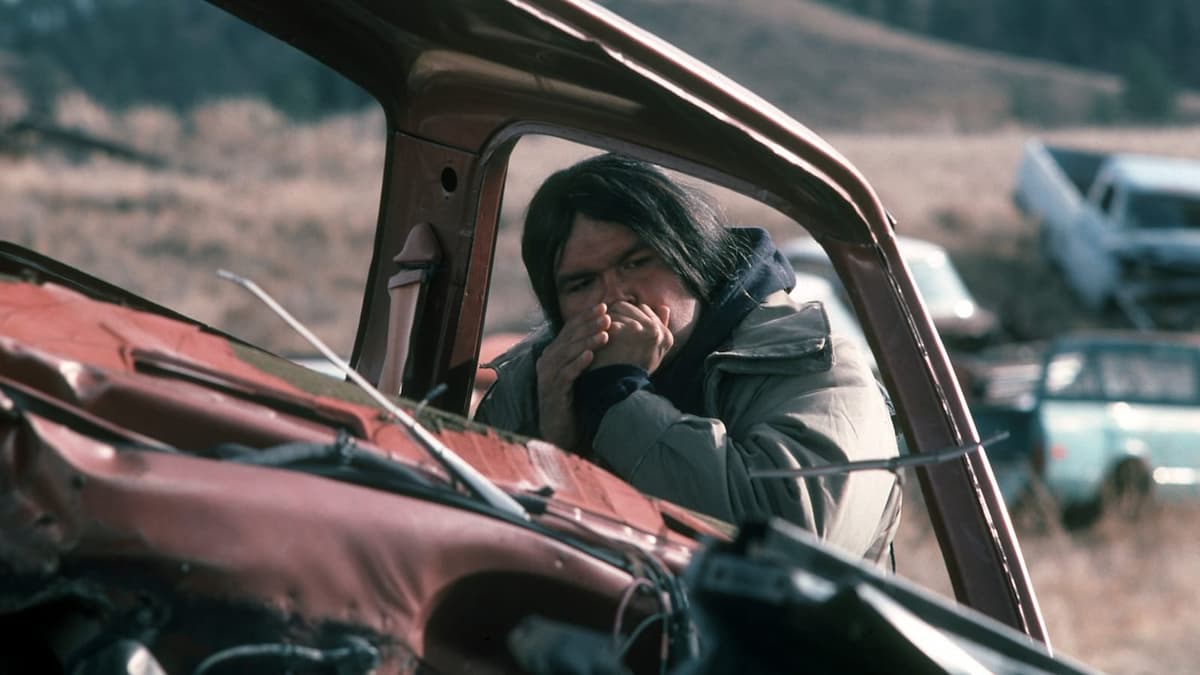
A road trip film featuring two Northern Cheyenne men who embark on a journey of self-discovery. It’s appreciated for its character-driven narrative and exploration of contemporary issues. The tale and characters in Powwow Highway have received a lot of praise for their authenticity and ability to make viewers feel something. The film takes an intimate look into the lives of its protagonists and, by extension, into the struggles faced by Native American communities throughout the United States. It has had a significant impact in promoting genuine portrayals of indigenous voices in film, garnering a devoted and vocal fan following in the process.
6. Atanarjuat: The Fast Runner (2001)
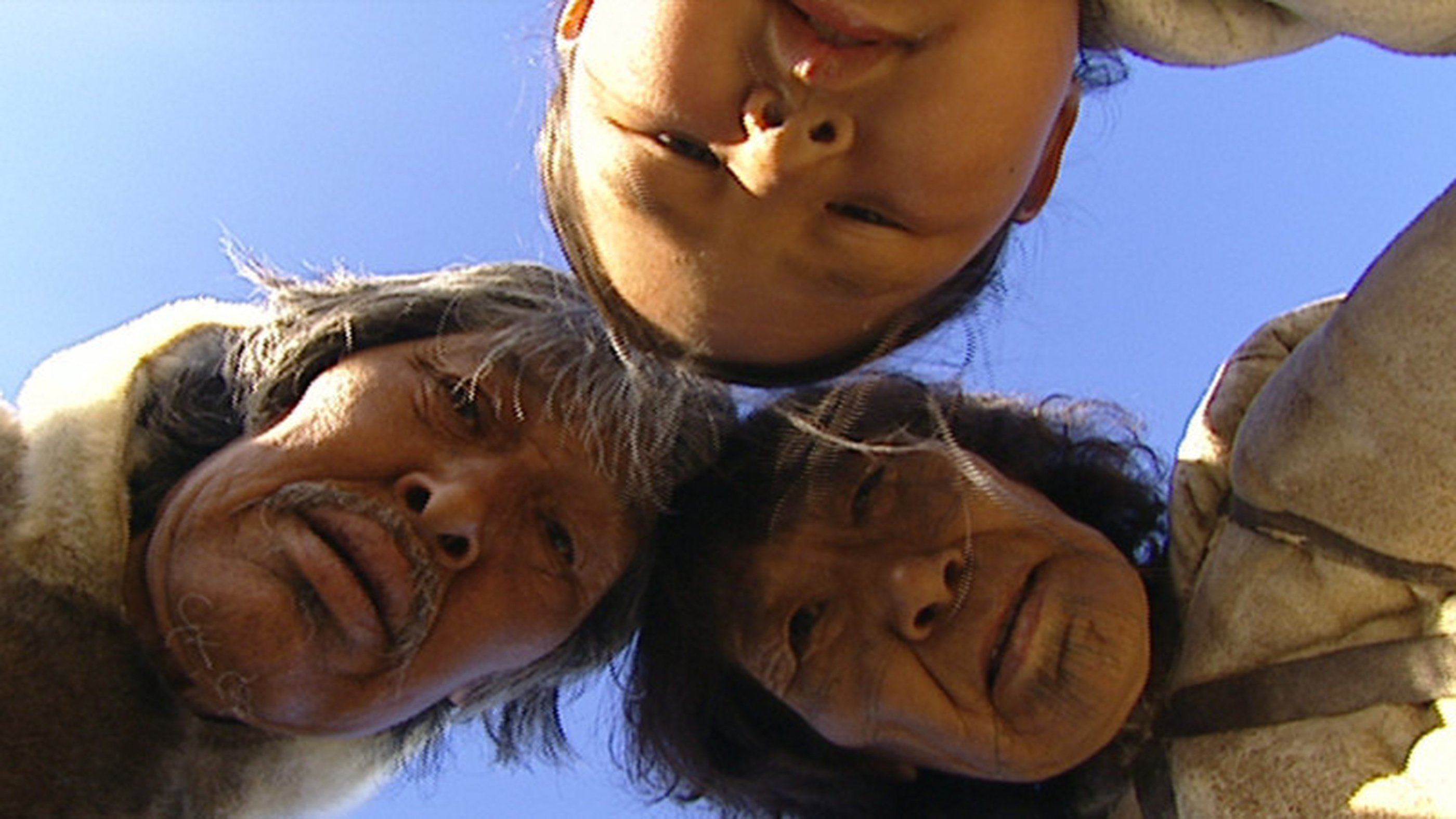
A groundbreaking Canadian film set in the Arctic, it’s based on an ancient Inuit legend. It’s celebrated for its stunning visuals and portrayal of indigenous storytelling traditions. An extraordinary and realistic glimpse into Inuit culture and storytelling, Atanarjuat: The Fast Runner is a cinematic gem. Critics well appreciated it, and went on to win the top prize at the Cannes Film Festival, the Camera d’Or.
5. Skins (2002)
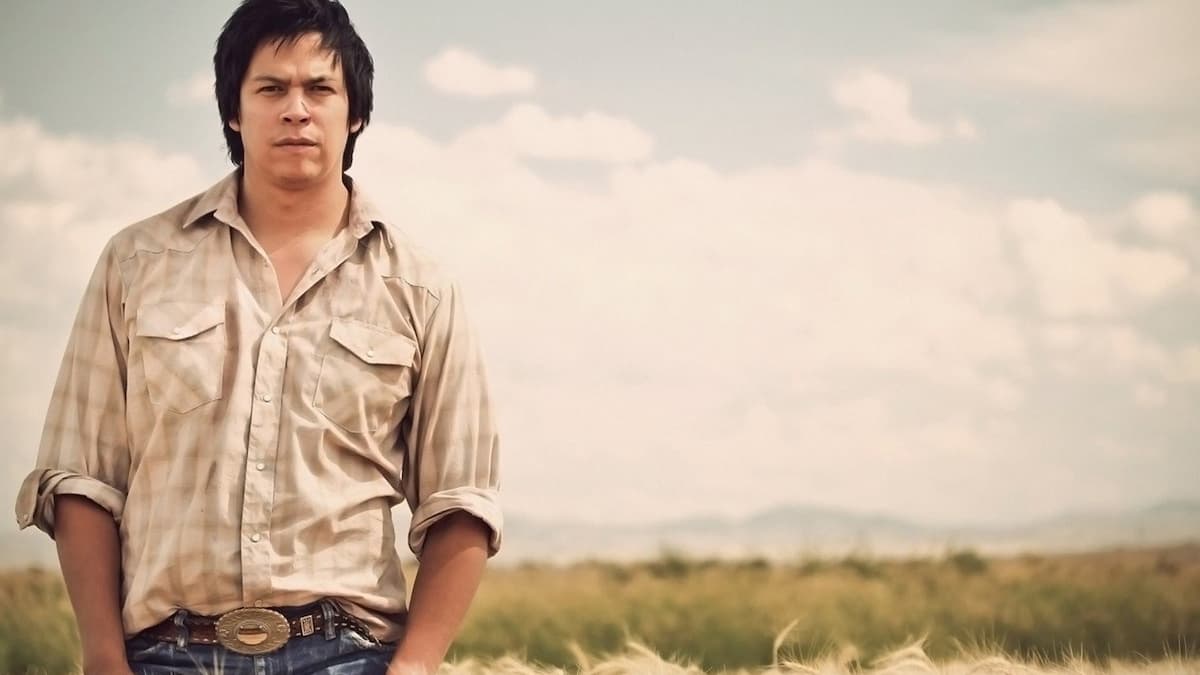
This drama delves into the lives of two Lakota Sioux brothers living on the Pine Ridge Reservation. It’s commended for its unflinching depiction of the challenges faced by Native Americans in impoverished communities.
Skins is a powerful and moving representation of Native American life on the reserve and the difficulties these people endure. It looks unflinchingly at the lives of its protagonists and, by implication, the bigger concerns facing indigenous groups in the United States, without filter or lack of sympathy. Because of its accurate depiction of modern Native American life and its fascinating narrative, Skins has become a landmark film in this genre.
4. Thunderheart (1992)
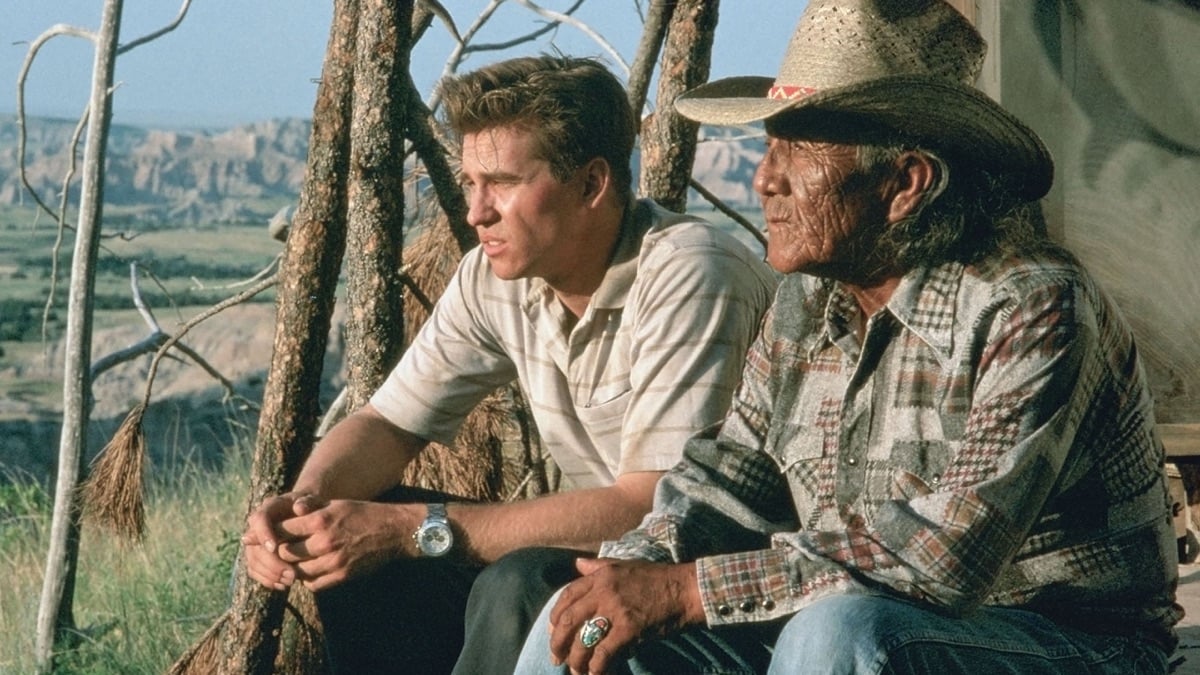
Inspired by true events, this thriller examines the conflicts on the Pine Ridge Indian Reservation in the 1970s. The film is admired for its suspenseful storytelling and portrayal of the FBI’s involvement in Native American affairs.
A riveting and thought-provoking film, Thunderheart highlights a pivotal time in Native American history. It deals with issues of cultural preservation, identity, and seeking justice in the face of hardship. It is a crucial film in Native American cinema because of the way it portrays the hardships and triumphs of Native American communities via its narrative and characters.
3. The Last of the Mohicans (1992)
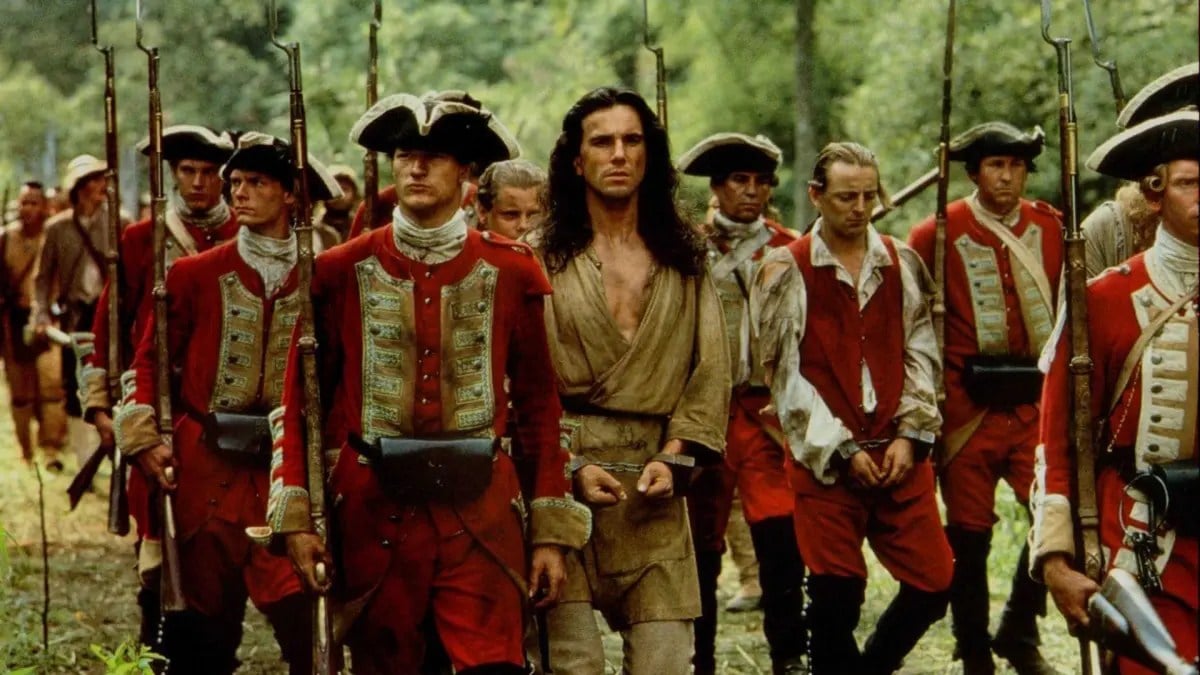
Adapted from James Fenimore Cooper’s classic novel, this film follows the adventures of Hawkeye and the Mohican tribe during the French and Indian War. It’s renowned for its action sequences and memorable characters.
The Last of the Mohicans combines romance, action, and historical drama in a way that has captivated audiences for decades. It has left a lasting impact on the portrayal of Native Americans in film and stands as an example of how historical storytelling can be both thrilling and respectful in its portrayal of indigenous peoples.
2. Smoke Signals (1998)
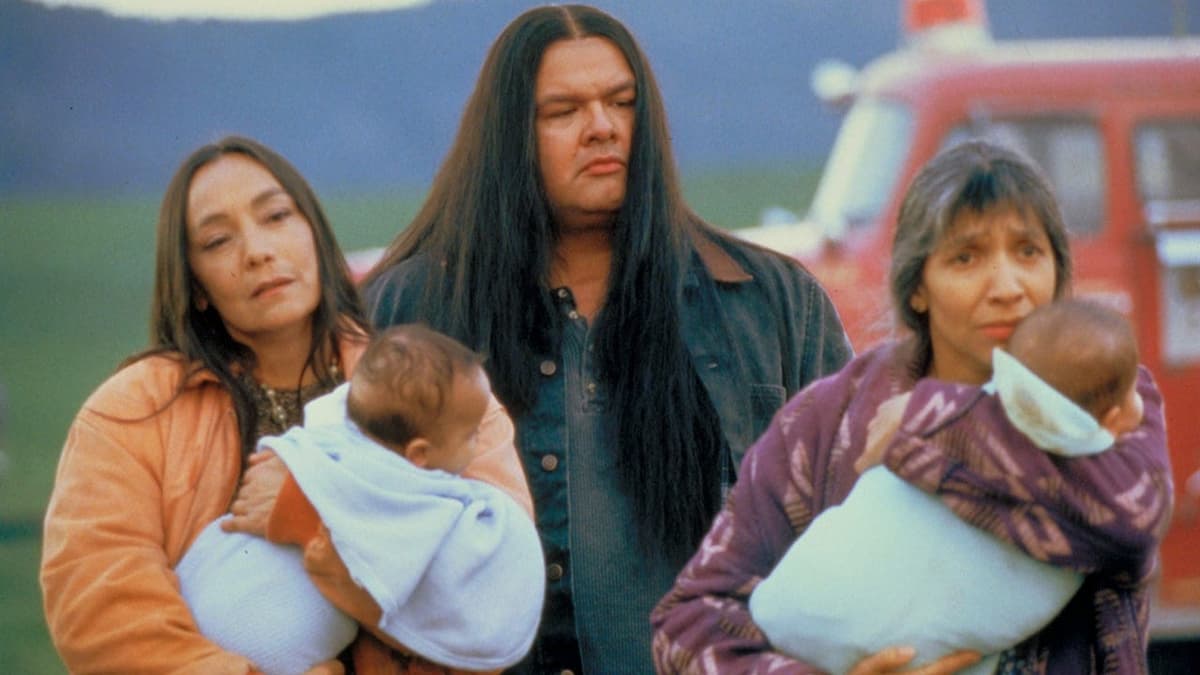
This independent film explores contemporary Native American life and the journey of two young Coeur d’Alene men. It’s celebrated for its humor, insight, and unique perspective on indigenous identity. It was the first feature film to be written, directed, and co-produced by Native Americans and received critical acclaim for its originality and emotional impact. The film has become a touchstone in Native American cinema, offering a voice and a lens through which to explore the complexities of indigenous identity and culture.
1. Dances with Wolves (1990)
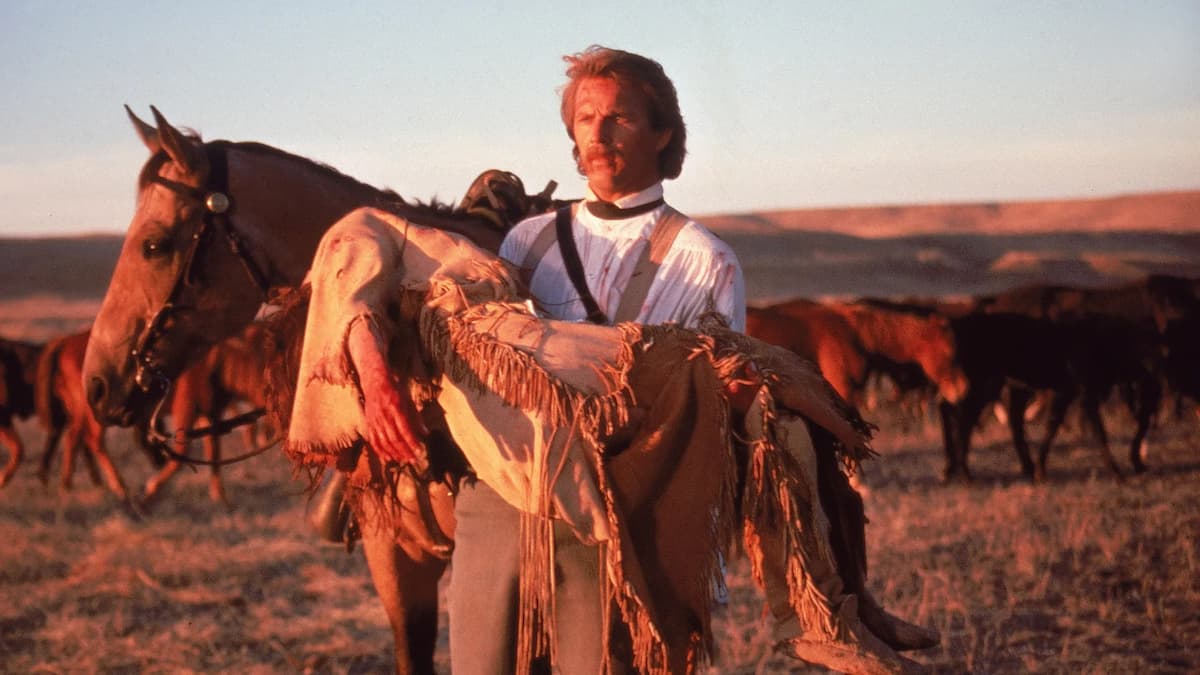
Directed by and starring Kevin Costner, this epic film tells the story of a Union Army officer who befriends the Lakota Sioux. It’s praised for its depiction of Native American culture, earning respect for its authenticity and cinematography.
Dances with Wolves was a commercial and critical success, earning seven Academy Awards, including Best Picture and Best Director for Kevin Costner. It also played a pivotal role in raising awareness about Native American issues and cultures in mainstream cinema. The film’s enduring popularity and positive reception underscore its lasting significance as a cinematic masterpiece that explores the beauty and resilience of Native American heritage in the face of profound change.
From epic historical dramas that chronicle the clash of cultures during the European colonization of the Americas to contemporary stories that explore the complexities of modern Native American life, these films serve as both a celebration of heritage and a reflection on the challenges faced by indigenous communities. With a backdrop of breathtaking landscapes, these movies offer viewers an opportunity to gain a deeper understanding of the diverse traditions, languages, and perspectives that have shaped Native American identity.

